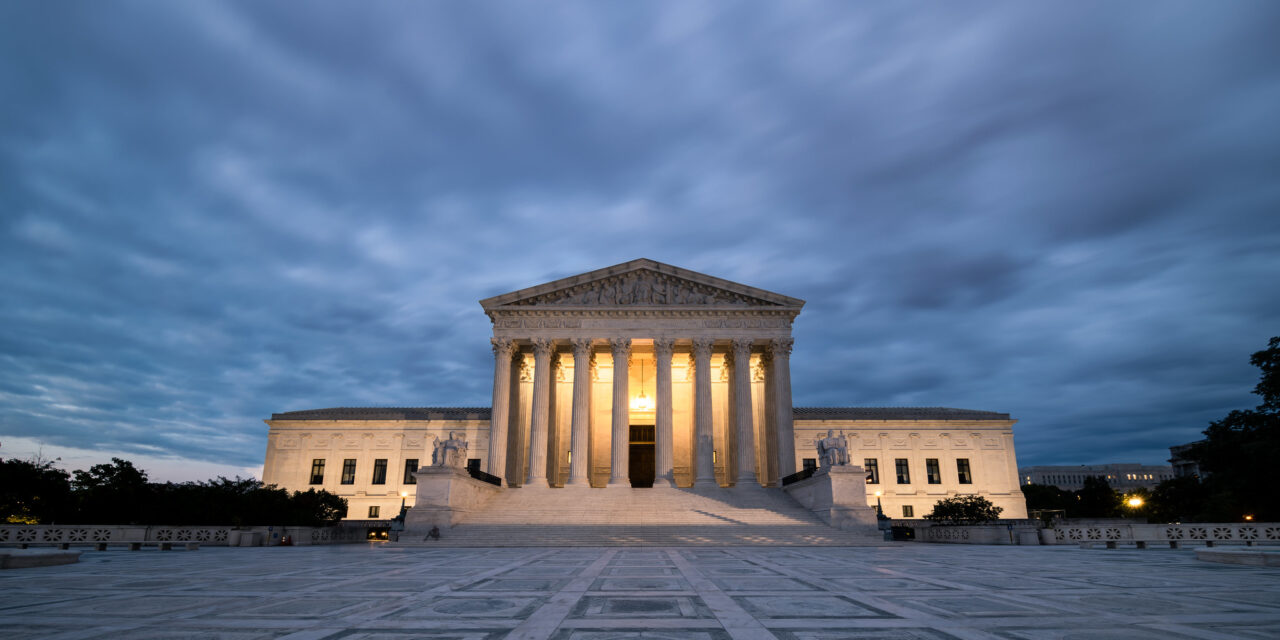The Supreme Court this week refused to hear a case from a group of parents, seeking to overturn a school board policy that requires school principals to hide a students’ gender transition from the student’s parents.
The Montgomery County (Md.) policy allows for students to notify school personnel of a desire to change gender at school. The initial paperwork asks the student to judge the expected level of support for the gender transition at home on a scale of 1 to 10. Then, according to court documents, “If the support level is deemed inadequate and the student so desires…the student’s parents will not be told about [transition] plan.”
The policy explicitly forbids disclosure to parents and guardians if requested by the student. The board’s policy offers detailed instructions on how to deceive parents, including, “minimize the use of permission slips and other school-specific forms that require disclosure of a student’s gender or use gendered terminology,” and, when contacting a “non-supportive” home, “use the student’s legal name and pronoun that correspond to the student’s sex assigned at birth.”
The parents who filed the suit explained that the school board’s policy undermines “Parents’ primary responsibilities to determine what is in their minor children’s best interests with respect to their support, care, nurture, welfare, safety, and education.”
The federal district and appeals courts had previously denied hearing the case, ruling that the parents lacked standing, in other words, that a harm had not been done to them by the policy because their children were not actively seeking to hide a gender transition from them.
The parents, though, certainly think the policy harms them. One judge on the Fourth Circuit Court of Appeals, Paul Niemeyer, agreed. His dissent argues that the question of gender transition is, “a family matter, not one to be addressed initially and exclusively by public schools without the knowledge and consent of parents.”
The Supreme Court’s denial of a hearing means the lower court rulings will stand – the parents in this case had no standing to sue – and no court will directly rule on the constitutionality of the “secret transition” policy.






